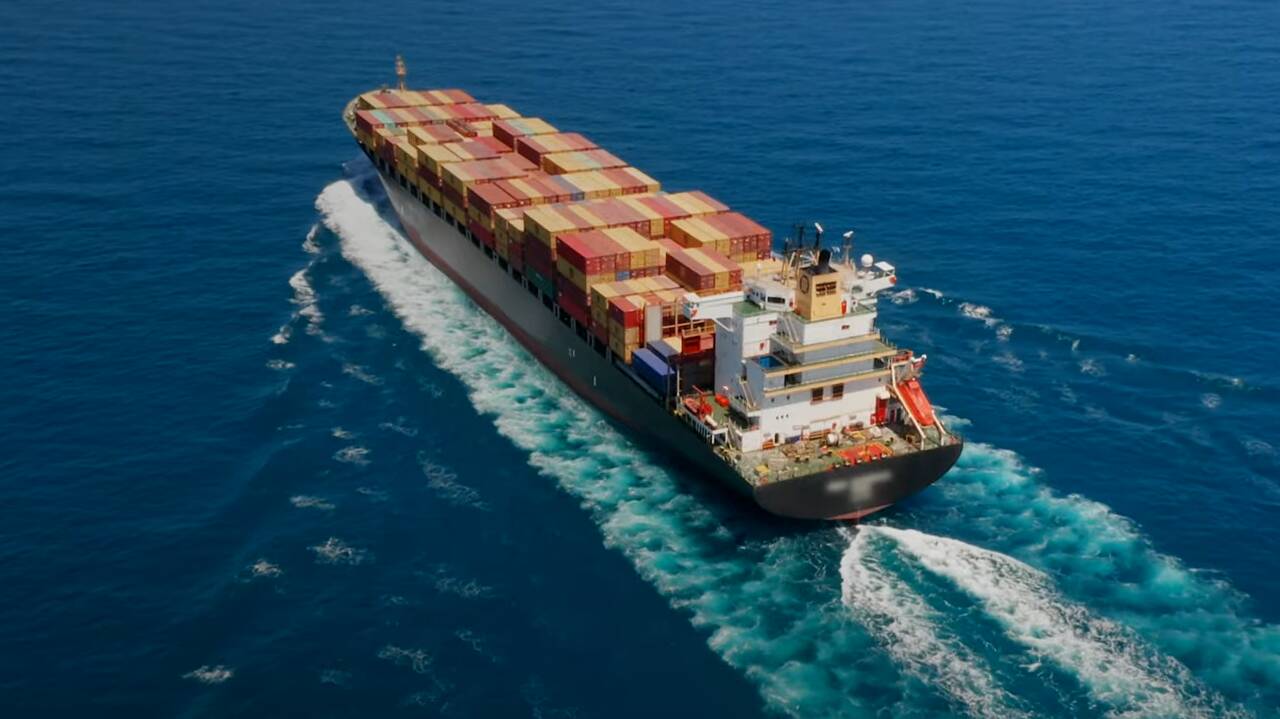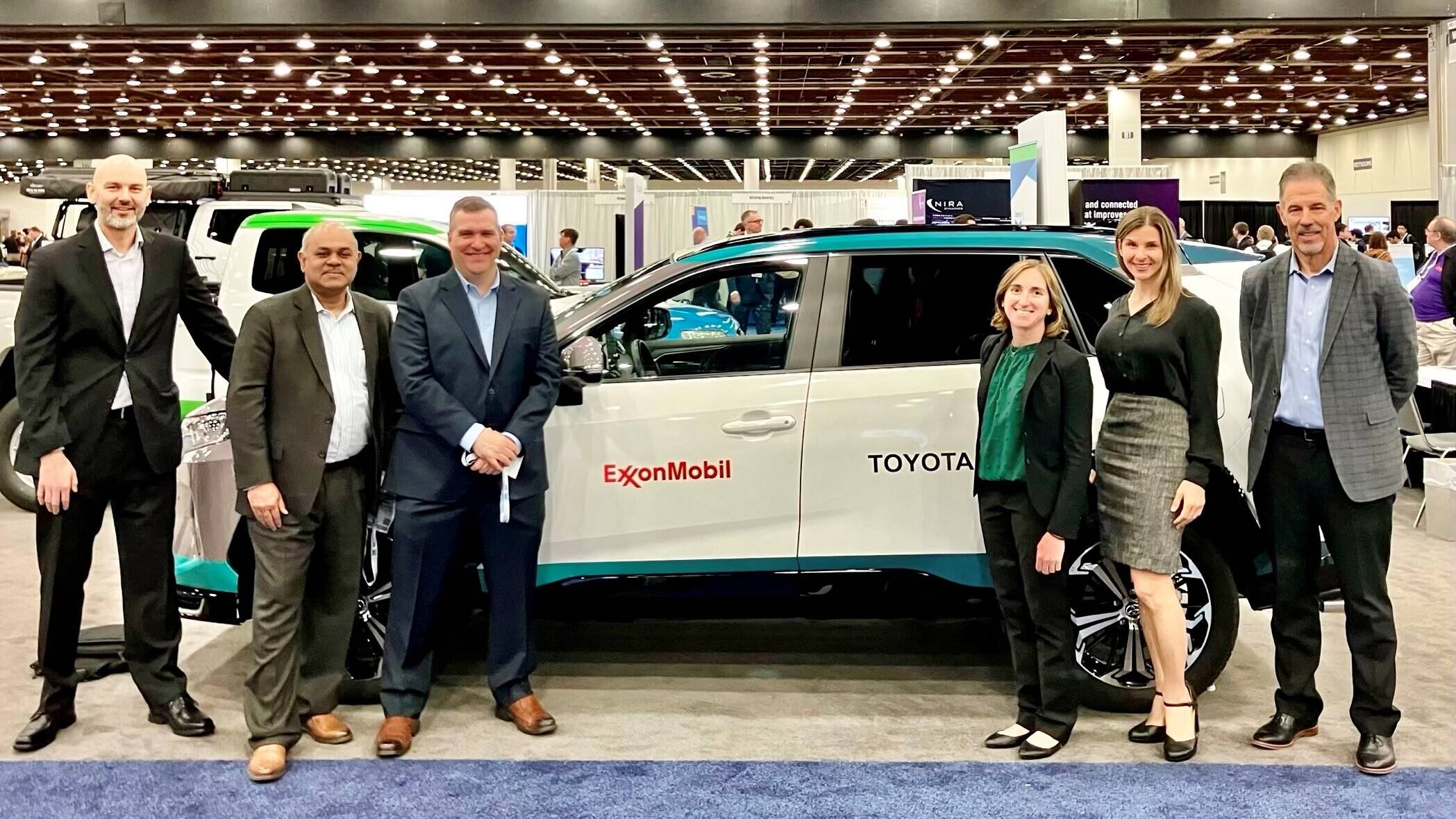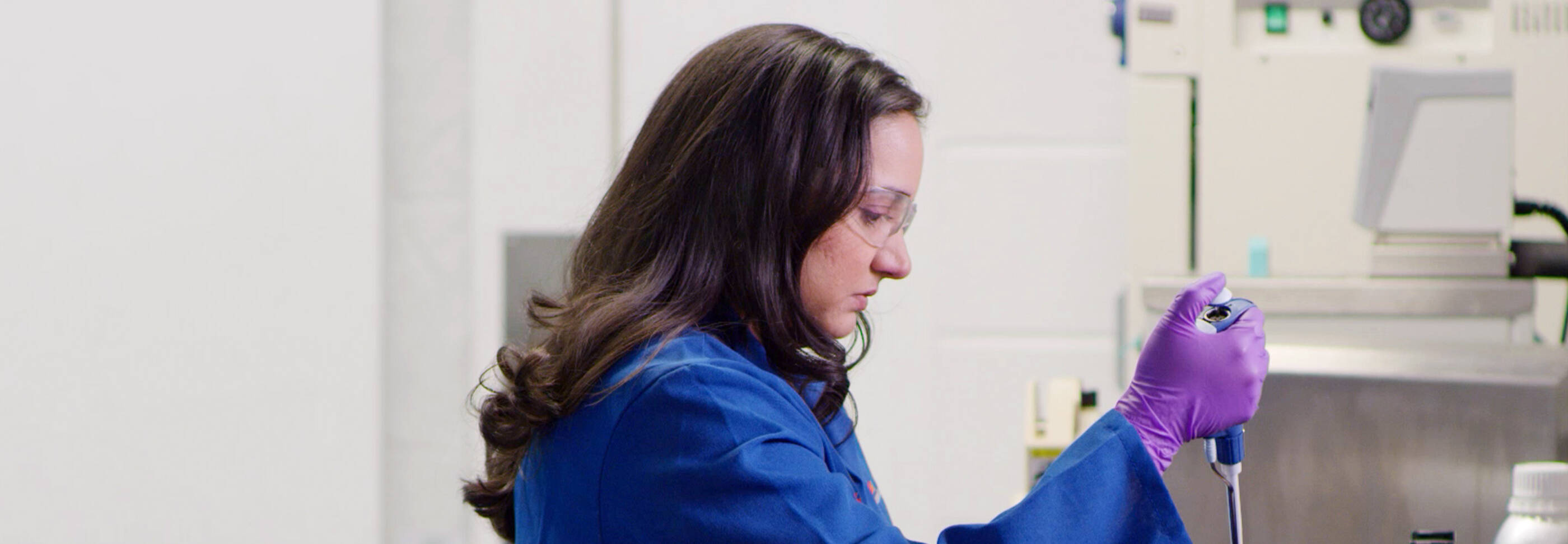selected item
The ‘aha’ moment: Meha Shah
This is especially true as ExxonMobil researchers work together on researching and developing the next generation of lower-emission transportation fuels. Reducing emissions from ships and planes and on the roads is essential to meeting climate goals, as the transportation sector accounts for nearly one-quarter of the world’s greenhouse gas emissions.
In this series, we spoke with some of ExxonMobil’s top scientists to find out what they’ve learned, what surprised them, and how they define success in the long game of scientific inquiry.
For as long as she can remember, Meha Shah knew she wanted to be a chemist and develop breakthrough medicine that would help people live better lives. But after completing a PhD in organic chemistry and a postdoctoral fellowship in pharmacology, she decided she wanted to broaden her horizons.
Today, Meha is a researcher at ExxonMobil helping create the next generation of bio-lubricants. While much of the work is in its infancy, it has the potential to lower emissions associated with producing the lubricants that help keep engines running smoothly.
ExxonMobil is working on a number of projects aimed at lowering emissions from transportation. The sector accounts for 29% of emissions in the U.S. Alongside lubricants, the company is also advancing research on several lower-emission fuels, such as renewable diesel.
Hear more about how Meha’s values continue to drive her work and how she’s thinking about next-generation technology.
Explore more

From lab to track: our LEFs power Red Bull KTM Factory Racing
2 min read
•
Can ships run on biofuel?
4 min read
•
Expert spotlight: Brianne Kanach - from intern to advancing lower-emission fuels
3 min read
•
Fueling America's future with Toyota
2 min read
•
Co-processing: Making tomorrow’s fuel with today’s facilities
2 min read
•
